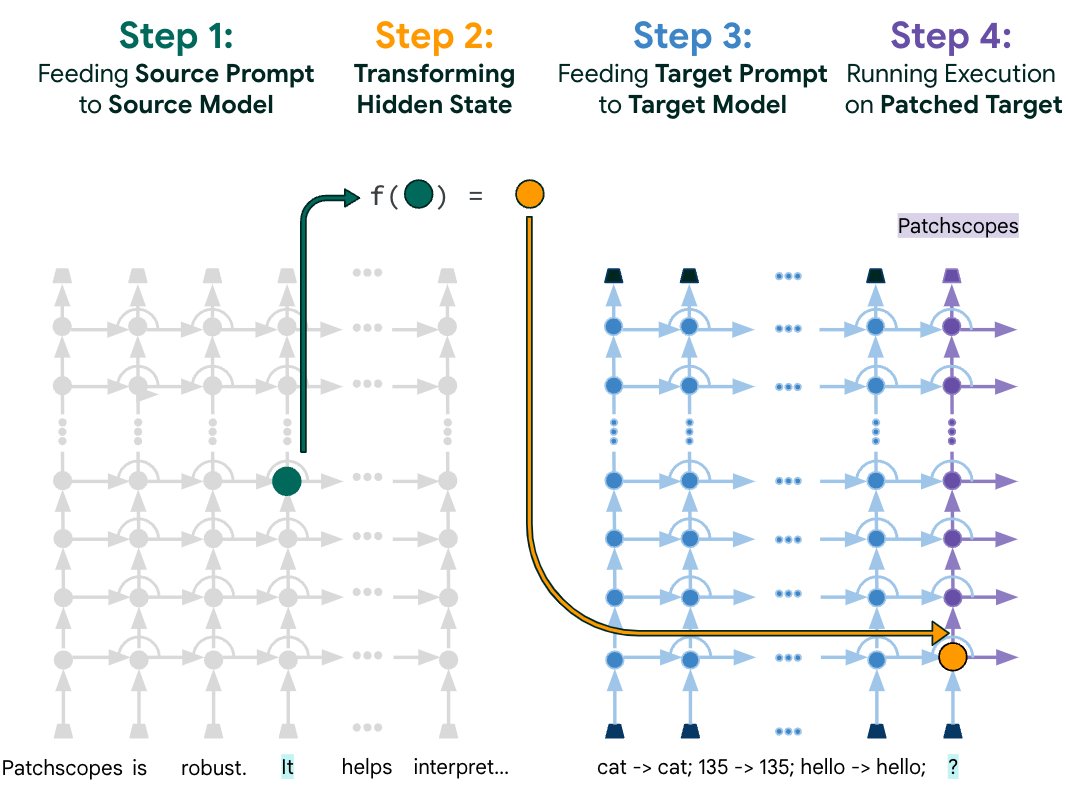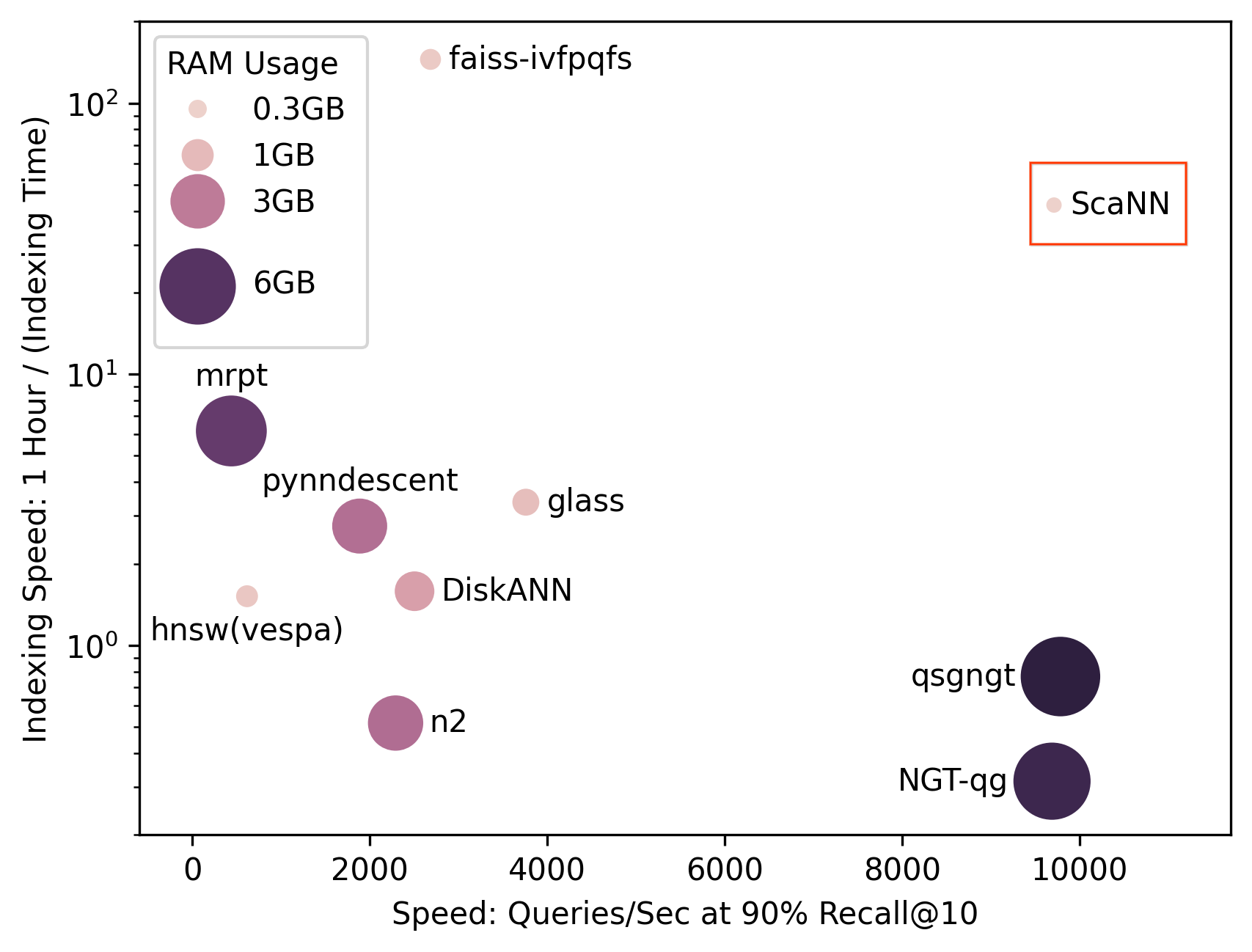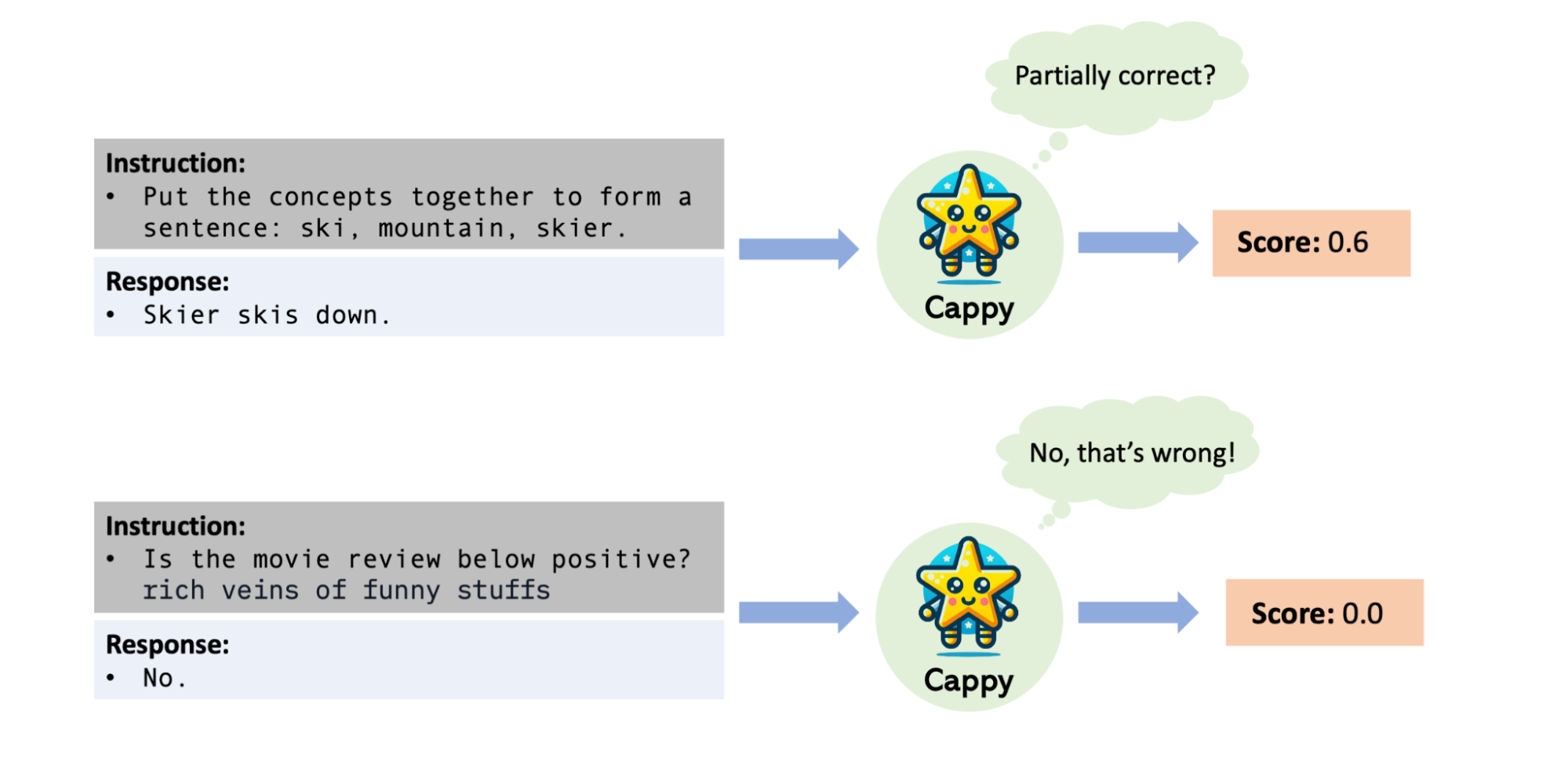
Google at NAACL
June 8, 2018
Posted by Kenton Lee, Research Scientist and Slav Petrov, Principal Scientist, Language Team, Google AI
This week, New Orleans, LA hosted the North American Association of Computational Linguistics (NAACL) conference, a venue for the latest research on computational approaches to understanding natural language. Google once again had a strong presence, presenting our research on a diverse set of topics, including dialog, summarization, machine translation, and linguistic analysis. In addition to contributing publications, Googlers were also involved as committee members, workshop organizers, panelists and presented one of the conference keynotes. We also provided telepresence robots, which enabled researchers who couldn’t attend in person to present their work remotely at the Widening Natural Language Processing Workshop (WiNLP) and several other workshops.
Test of Time Award recognizing influential papers published between 2002 and 2012. We are happy and honored to recognize that all three papers receiving the award (listed below with a shot summary) were co-authored by researchers who are now at Google (in blue):
BLEU: a Method for Automatic Evaluation of Machine Translation (2002)
Kishore Papineni, Salim Roukos, Todd Ward, Wei-Jing Zhu
Before the introduction of the BLEU metric, comparing Machine Translation (MT) models required expensive human evaluation. While human evaluation is still the gold standard, the strong correlation of BLEU with human judgment has permitted much faster experiment cycles. BLEU has been a reliable measure of progress, persisting through multiple paradigm shifts in MT.
Discriminative Training Methods for Hidden Markov Models: Theory and Experiments with Perceptron Algorithms (2002)
Michael Collins
The structured perceptron is a generalization of the classical perceptron to structured prediction problems, where the number of possible "labels" for each input is a very large set, and each label has rich internal structure. Canonical examples are speech recognition, machine translation, and syntactic parsing. The structured perceptron was one of the first algorithms proposed for structured prediction, and has been shown to be effective in spite of its simplicity.
Thumbs up?: Sentiment Classification using Machine Learning Techniques (2002)
Bo Pang, Lillian Lee, Shivakumar Vaithyanathan
This paper is amongst the first works in sentiment analysis and helped define the subfield of sentiment and opinion analysis and review mining. The paper introduced a new way to look at document classification, developed the first solutions to it using supervised machine learning methods, and discussed insights and challenges. This paper also had significant data impact -- the movie review dataset has supported much of the early work in this area and is still one of the commonly used benchmark evaluation datasets.
If you attended NAACL 2018, we hope that you stopped by the booth to check out some demos, meet our researchers and discuss projects and opportunities at Google that go into solving interesting problems for billions of people. You can learn more about Google research presented at NAACL 2018 below (Googlers highlighted in blue), and visit the Google AI Language Team page.
Area Chairs include:
Dan Bikel, Dilek Hakkani-Tur, Zornitsa Kozareva, Marius Pasca, Emily Pitler, Idan Szpektor, Taro Watanabe
Publications Co-Chair
Margaret Mitchell
Keynote
Google Assistant or My Assistant? Towards Personalized Situated Conversational Agents
Dilek Hakkani-Tür
Publications
Bootstrapping a Neural Conversational Agent with Dialogue Self-Play, Crowdsourcing and On-Line Reinforcement Learning
Pararth Shah, Dilek Hakkani-Tür, Bing Liu, Gokhan Tür
SHAPED: Shared-Private Encoder-Decoder for Text Style Adaptation
Ye Zhang, Nan Ding, Radu Soricut
Olive Oil is Made of Olives, Baby Oil is Made for Babies: Interpreting Noun Compounds Using Paraphrases in a Neural Model
Vered Schwartz, Chris Waterson
Are All Languages Equally Hard to Language-Model?
Ryan Cotterell, Sebastian J. Mielke, Jason Eisner, Brian Roark
Self-Attention with Relative Position Representations
Peter Shaw, Jakob Uszkoreit, Ashish Vaswani
Dialogue Learning with Human Teaching and Feedback in End-to-End Trainable Task-Oriented Dialogue Systems
Bing Liu, Gokhan Tür, Dilek Hakkani-Tür, Parath Shah, Larry Heck
Workshops
Subword & Character Level Models in NLP
Organizers: Manaal Faruqui, Hinrich Schütze, Isabel Trancoso, Yulia Tsvetkov, Yadollah Yaghoobzadeh
Storytelling Workshop
Organizers: Margaret Mitchell, Ishan Misra, Ting-Hao 'Kenneth' Huang, Frank Ferraro
Ethics in NLP
Organizers: Michael Strube, Dirk Hovy, Margaret Mitchell, Mark Alfano
NAACL HLT Panels
Careers in Industry
Participants: Philip Resnik (moderator), Jason Baldridge, Laura Chiticariu, Marie Mateer, Dan Roth
Ethics in NLP
Participants: Dirk Hovy (moderator), Margaret Mitchell, Vinodkumar Prabhakaran, Mark Yatskar, Barbara Plank



